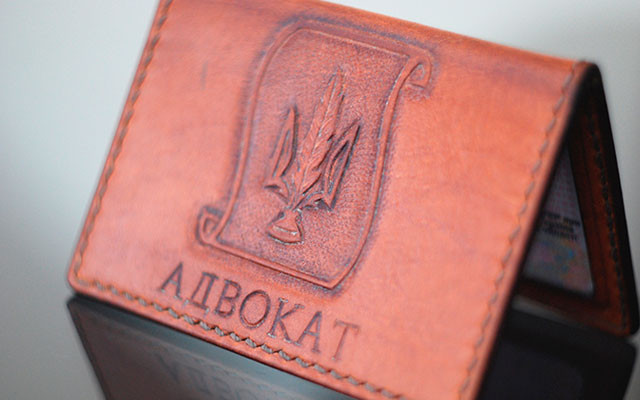
Whether the guarantees of activity apply to all those who have a certificate of advocate - the position of the Supreme Court

A person whose right to practice law has been terminated or suspended in accordance with the Law «On the Bar and Practice of Law» is not subject to the provisions of the Criminal Procedure Code on the special procedure for criminal proceedings.
This conclusion was reached by the First Judicial Chamber of the Criminal Court of Cassation of the Supreme Court in case No. 199/732/19 (resolution of 23.07.2024).
The court acquitted the judge's assistant, who was accused of influence peddling, on the grounds that the defendant in the case (who had the status of a lawyer but suspended his license) did not acquire the status of a suspect because he was notified of suspicion by an improper prosecutor. As a reminder, according to Article 481 of the CPC, a written notice of suspicion to an attorney is made only by the Prosecutor General, his deputy, or the head of the regional prosecutor's office.
On this basis, the court of first instance declared all the evidence provided by the prosecution inadmissible. The Court of Appeal upheld the acquittal.
However, the prosecutor believed that the courts had come to unreasonable conclusions, in particular with regard to the prosecutor's lack of authority to serve a notice of suspicion.
The Supreme Court examined whether the guarantees provided for in Article 23 of the Law apply to all persons who have received a certificate of an advocate.
The high judges noted that the mere mention of «activity» indicates that these guarantees are functional in nature, i.e., they are not a personal privilege of everyone who has received a certificate of the right to practice law, but are intended to ensure the rights of those whom the lawyer represents and his ability to carry out such activities unhindered and effectively.
In addition, the Law on the Bar and Practice of Law clearly distinguishes an advocate from a person who has suspended or terminated the practice of law.
And while the guarantee of preservation of the attorney-client privilege or immunity from prosecution for actions related to the practice of law continues to apply to persons who have suspended or terminated their practice, other guarantees are intended to ensure the practice of law, which a person who has suspended such activity is not entitled to carry out (Article 31(5) of the Law).
Thus, the SCC concludes, the legislation provides for functional guarantees for the advocate, which are designed to ensure both the rights of the persons he or she represents and the ability to practice law unhindered and effectively.
Upon entering the public service or engaging in other activities that are incompatible with the practice of law, a person is obliged to stop practicing law and cannot rely on the preservation of the guarantees inherent in the practice of law, since he or she agrees to obey completely different rules that are incompatible with the practice of law in many aspects. And it is precisely to prevent a conflict of liability that the suspension of the right to practice law is envisaged.
Based on these considerations, the Criminal Court of Cassation concluded that a person whose right to practice law has been suspended or terminated is not subject to the provisions of Chapter 37 (Criminal proceedings against a certain category of persons) of the CPC.
Since the decisions of the courts of previous instances on the inadmissibility of evidence were based on an incorrect interpretation of the provisions of Article 481 of the CPC in conjunction with the provisions of the Law, the court of first instance committed significant violations of the requirements of the criminal procedure law when assessing the admissibility of evidence, which the court of appeal left unaddressed. Therefore, the appealed decisions were canceled.
© 2026 Unba.org.ua Всі права захищені
"Національна Асоціація Адвокатів України". Передрук та інше використання матеріалів, що розміщені на даному веб-сайті дозволяється за умови посилання на джерело. Інтернет-видання та засоби масової інформації можуть використовувати матеріали сайту, розміщувати відео з офіційного веб-сайту Національної Асоціації Адвокатів України на власних веб-сторінках, за умови гіперпосилання на офіційний веб-сайт Національної Асоціації Адвокатів України. Заборонено передрук та використання матеріалів, у яких міститься посилання на інші інтернет-видання та засоби масової інформації. Матеріали позначені міткою "Реклама", публікуються на правах реклами.